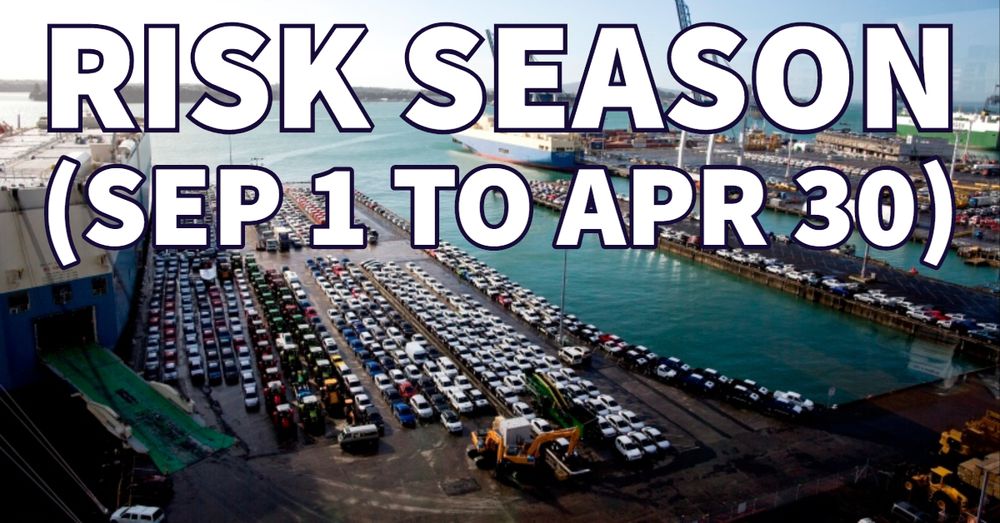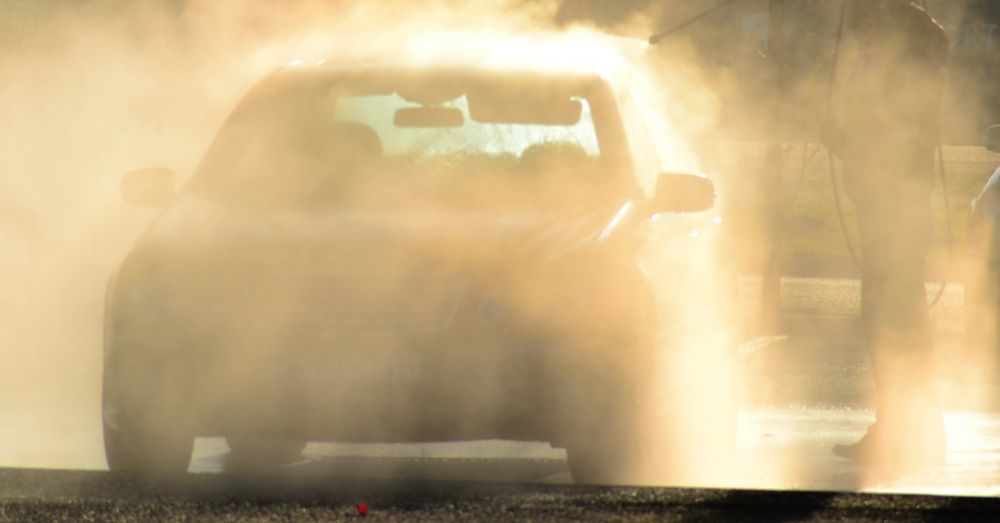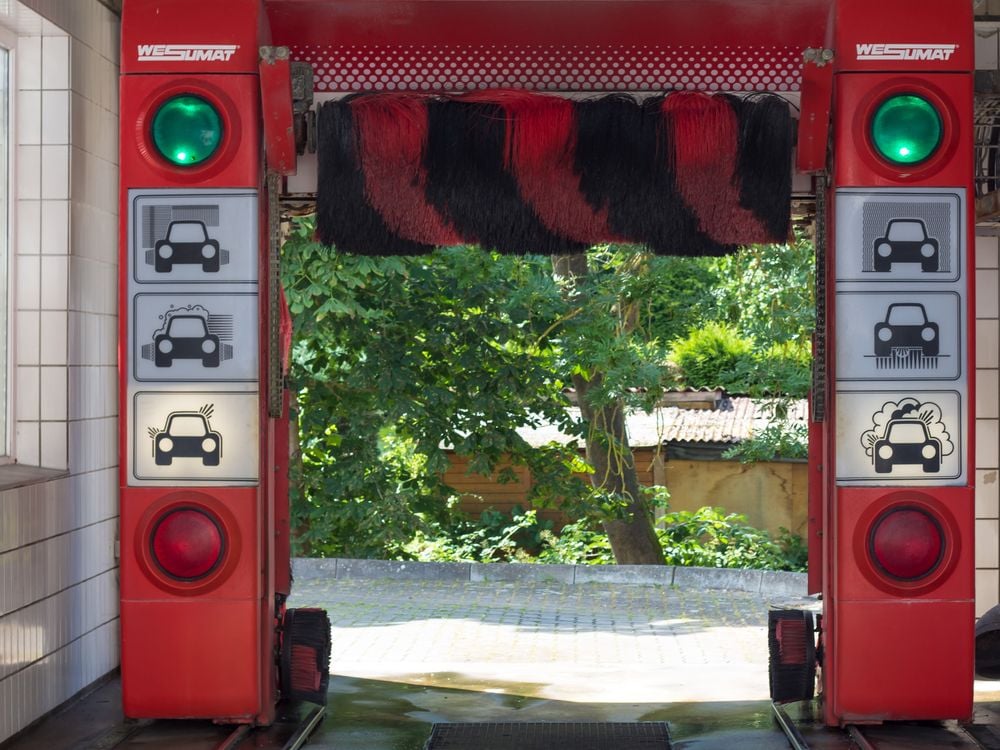
Cleaning Cert. & Other Things MPI Checks to Allow a Vehicle Import
2-minute read
Importers will have to do more to ensure vehicles and machinery from overseas are free of brown marmorated stink bug (BMSB), according to the Ministry of Primary Industries.
The new Import Health Standard for Vehicles, Machinery and equipment that came into force on September 1 have a focus on Japan given the issues last season with contaminated car carriers.
There are also new restrictions on imports from many European countries (in alignment with the USA) given the spread of BMSB through Europe.
MPI is also alerting importers to the risk represented by soil in containers and to note that it can be found on the lower ledges and underside of containers.
The soil is considered a high-risk quarantine material as it can potentially carry many organisms such as insects, mites, molluscs, nematodes and micro-organisms like bacteria, fungi and viruses.

MPI has noted that, In addition to its natural occurrence in Japan (and other places in Asia), there are now 16 actionable countries in Europe and North America with established BMSB populations.
These have been added to the list requiring management and treatment of vehicles, machinery and certain equipment during the BMSB season. They are Austria, Bulgaria, France, Georgia, Germany, Greece, Hungary, Italy, Liechtenstein, Romania, Russia, Serbia, Slovenia, Spain, Switzerland and the USA.
Additional countries could also be added if BMSB spreads to other placers and becomes problematic.
All imported used vehicles from Japan has to undergo cleaning and some form of approved treatment through an MPI-approved system during the risk season (September 1 until April 30).
“Used machinery from Japan must also be cleaned by an MPI-approved cleaning company, must get certified as being cleaned and must be treated before arrival in New Zealand during the risk season,” said MPI.
“All new vehicles/machinery from Japan must be managed through an MPI-approved system or treated offshore during the risk season.
“Manufacturers in Japan or Europe/ USA will have the option of applying to MPI for an MPI-approved system, therefore avoiding the need to fumigate or heat treat each new unit.
“Used machinery from any other country must have a cleaning certificate (from December 1, 2018) stating that it has undergone thorough cleaning and treatment before arrival in New Zealand. There must be evidence the machinery was appropriately disassembled for cleaning.”

Also, MPI has released an updated import health standard for sea containers where all containerised consignments from Italy must be fumigated or heat treated.
P.S. We’d love to answer any of your questions! Contact us now. Do you know of other people that will find this article useful? Please share it on social media. Thank you!
